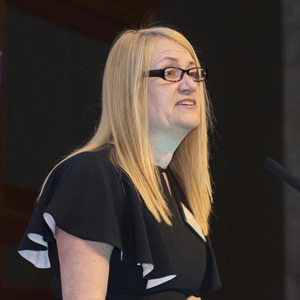No one should be forced to act against their conscience on abortion, Britain’s Catholic bishops said this week.
In a joint statement to mark the 50th anniversary of the 1967 Abortion Act, the bishops of England, Wales and Scotland said: “Many professionals face the challenge that respect for conscientious objection against abortion has been eroded. Personal conscience is inviolable and nobody should be forced to act against his or her properly informed conscience on these matters.”
Lamenting the almost 200,000 abortions that took place in Britain in 2015, the bishops said they are seeking “a change of minds and hearts about the good of the child in the womb and the care of mothers who are pregnant”.
“Every abortion is a tragedy and few consider that abortion is the desirable or best solution to a pregnancy,” they said. “The complex set of conditions in which a woman finds herself pregnant and may consider having an abortion may limit the exercise of freedom and diminish moral culpability.”
In their statement, the bishops call for a new understanding of the intrinsic value and worth of every human life in the womb, better protection of unborn children diagnosed with a disability and more “education in moral responsibility about human sexuality and the meaning of sexual expression within marriage”.
They also praise mothers who have continued their pregnancies in difficult circumstances and politicians who have sought to reform the law to better protect unborn life.
The bishops made clear their view that few people consider abortion to be the right solution to a pregnancy which may be “challenging” for a number of reasons – describing “widespread unease” among many people who recognise that abortion carries with it “tragic consequences”.
Deciding to have an abortion is a “grave decision”, the bishops acknowledged, influenced by factors such as threats to mental or physical health, not knowing how to cope with being pregnant, being alone or under pressure or lacking support, or the diagnosis of disability in the womb.
“The issue of abortion not only has consequences for mothers, but also affects fathers, both in terms of taking responsibility to protect and care for the children they have conceived and in coping with the impact of abortion,” the statement said.
The bishops are particularly concerned that the law in Britain permits the abortion of a child with disability up to birth, standing “in stark contrast” to the protection and respect shown to people who experience disabilities after they are born.
“The witness of those who compete in the Paralympic Games shines out as a way in which people with disability excel and compete, using their gifts to the full,” they said.
“We hope that greater reflection and consistency in the approach to unborn children with disabilities will lead to a change in understanding, with greater protection provided through new legislation.”


 Loading ...
Loading ...